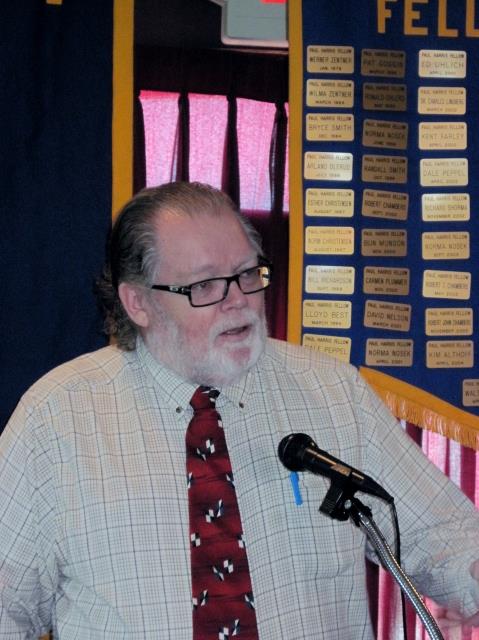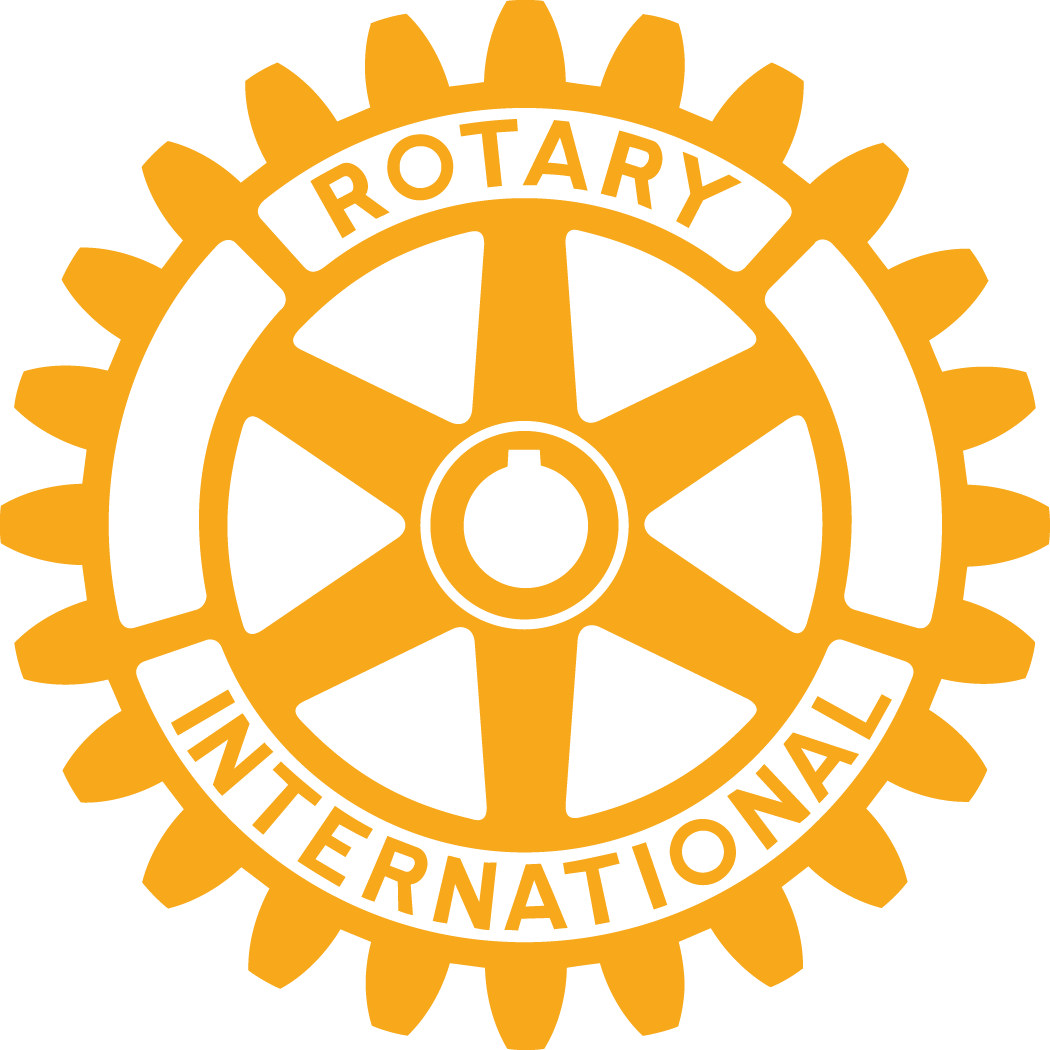Have ethics really changed?
In Rotary the month of October is designated for Vocational Service. Ethics falls under Vocational Service in Rotary; likely because the Four Way Test was initially about successfully rescuing a company in difficulty; it was several years later that Rotary adopted the test. So it was that Associate Professor of Philosophy Harvey Henderson of the North Dakota State College of Science spoke to members on “Ethics” during their regular meeting at noon at Prante’s on Tuesday October 8th. His focus was on the first two tests: Is it the Truth and is it Fair to all concerned.
According to Professor Henderson ethics were “objective” one hundred years ago; there to see, read and follow. There were rules and standards that over time society had developed. During the past one hundred years there has been a shift in ethical thought to “subjective” ethics. Each group or individual takes the authority to make the rules for themselves or their group. Individuals have become free to choose their own standards. In a “subjective world” here is no room for discussion developing social change; in effect there can be no disagreement. To a degree he believes that the declining influence of the church, particularly in Europe where less than ten percent of the “Christian” population goes to church plays a role in this decline. He adds that the United States is about ten years behind this trend.

He referenced the book “Moral Courage and How Good People Make Tough Choices” by Rushworth M. Kidder and Institute for Global Ethics (www.globalethics.org) that he founded in 1990. One of Global Ethics findings was that old people everywhere in the world have some common ethics: the human values of honesty, responsibility, respectability, fairness and compassion; that the most important values are taught by parents and learned by the individual. They also found that knowledge alone does not suffice; the second component is the need to do it.
Professor Henderson also argues that as ethics, logic and philosophy have been downgraded in core curricula even in universities (unlike most of the rest of the world philosophy is not even taught in our high schools) that young people do not even know the language of ethics let alone the practice.

